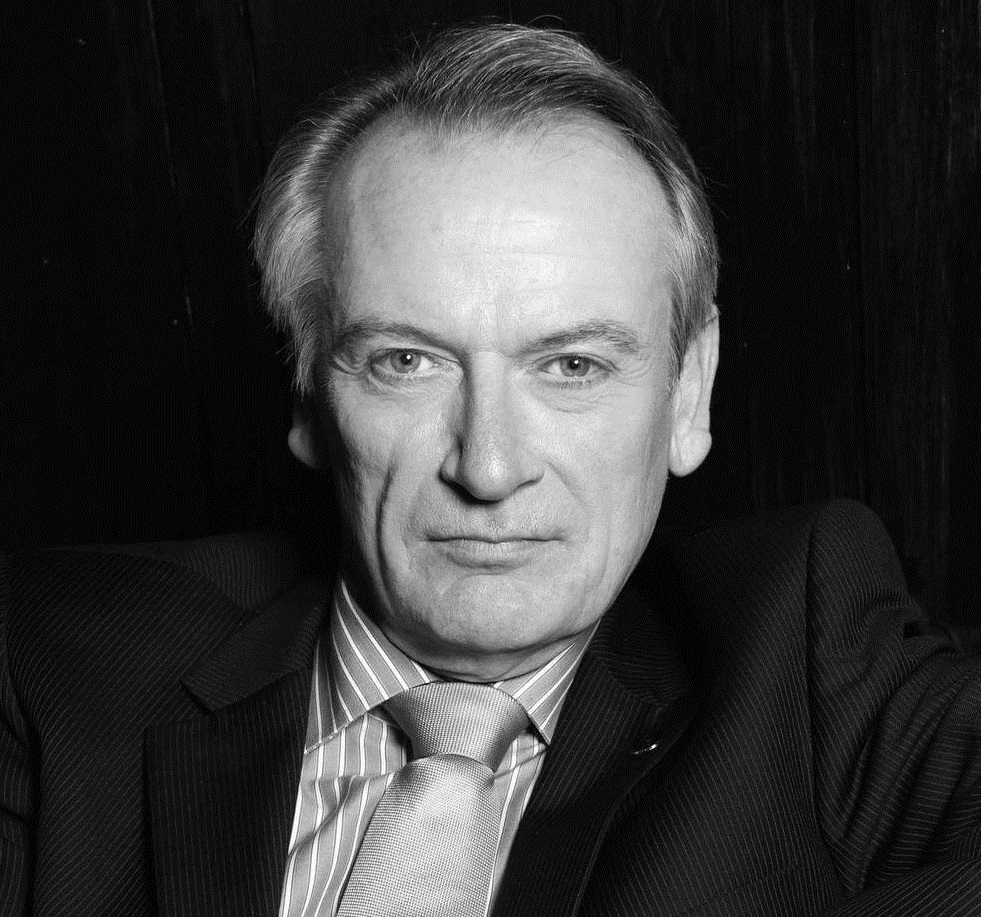Could Trump and May Be the New Reagan and Thatcher?

- Chris Skinner, Chief Executive Officer at The Finanser Ltd
- 11.01.2017 12:00 pm Reagan and Thatcher
I guess I’m an optimist and, in a world of pessimism, it’s an interesting place to be. I say a world of pessimism as all I’ve seen since the Brexit vote and Donald Trump being President-elect is negativity. A constant stream of we are screwed appears in my Facebook feed, and everyone seems to think the end of the world is nigh. I’m not one of them. In fact, I’ve been saying for some time that we are probably on the biggest and most pivotal change in world trade we’ve ever seen.
Over the holidays I’ve had several conversation likening the dawn of a Donald Trump/Theresa May era will be looked back upon, in twenty to thirty years, in the same way as we look back upon the Ronald Reagan/Margaret Thatcher era. That’s my optimistic view anyway.
Think about what happened way back when. In the 1970s, the USA had had a weak leadership under Jimmy Carter and suddenly this man, who was considered by many to be an ignorant Hollywood actor, takes office at the age of nearly 70. He introduces a range of extreme economic measures, later dubbed Reaganomics, and forged an alliance with Margaret Thatcher that led to the end of the Cold War with the Soviet Union’s decline. That was also down to the relationship Reagan forged with Mikhail Gorbachev. It was Reagan who made a direct appeal to Gorbachev to tear down the Berlin Wall and, ten months later, it came down.
Leaving office in 1989, Reagan held an approval rating of 68%, matching those of Franklin D. Roosevelt and Bill Clinton as the highest ratings for departing presidents in the modern era. He was the first president since Dwight D. Eisenhower to serve two full terms, after a succession of five prior presidents failed to do so. Now, a quarter of a century later, he’s looked back upon as one of the leaders of the world that changed everything.
It wasn’t just Reagan though; there was Margaret Thatcher, his ally. Thatcher was hated by many at home but, internationally, viewed as that Iron Lady. Strongly principled and a firm believer in free trade, Thatcher introduced the Big Bang in the City of London that opened up the UK to become the leading global financial centre alongside New York. Decimating the manufacturing industries and coal miners, she led a government for three terms that succeeded in transforming a lame duck country.
Before Thatcher, Britain had wavered between multiple coalition governments that couldn’t make a decision. Thatcher changed all that by decisively taking the bull by the horns and dealing with the issues, specifically the gridlock of strike-led unionisation. That was why she crushed Arthur Scargill and the coal miners, and that allowed the country to move forward more positively.
This two-pincered movement between opening to global trade and breaking the gridlock of domestic trade unions, created the foundations for Britain today, like it or not.
The partnership between Reagan and Thatcher was based upon a genuine friendship. For example, Margaret Thatcher’s moving eulogy to President Reagan in 2004, displayed how much the former Hollywood actor-turned California Governor had touched her professional and personal life:
“Ronald Reagan knew his own mind. He had firm principles – and, I believe, right ones. He expounded them clearly, he acted upon them decisively.”
“Ronald Reagan had a higher claim than any other leader to have won the Cold War for liberty and he did it without a shot being fired.”
“To have achieved so much against so many odds and with such humour and humanity made Ronald Reagan a truly great American hero.”
“Above all, I knew that I was talking to someone who instinctively felt and thought as I did.”
Similarly, President Reagan commented on the deep connection between the two:
“Throughout my life, I’ve always believed that life’s path is determined by a Force more powerful than fate. I feel the Lord has brought us together for a profound purpose and that I have been richly blessed for having known you.”
Just before leaving office, President Reagan commented:
“As I prepare to depart this office in January, I take considerable satisfaction in knowing that Margaret Thatcher will still reside at Number Ten, Downing Street, and will be there to offer President Bush [Snr.] her friendship, cooperation and advice.”
While in 1989, months after leaving the Presidency he wrote a considerable tribute to the work of his transatlantic ally:
“This great lady has not only served her country well, she has served the free world well. She is truly a great statesman. So much so that I’ll correct what I just said: She is a great stateswoman holding her own among all the statesmen of the world.”
Now there is an obvious difference between Reagan/Thatcher and Trump/May, as Reagan/Thatcher had a political knowledge of each other and were already creating a strong bond long before taking office. That is why Margaret Thatcher was received as one of the first foreign leaders to visit the President after he took office in 1981. However, I can see certain similarities already in the two new leaders.
Donald Trump is viewed as a maverick who has no political diplomacy, and is a loose cannon. Theresa May has taken office in dire times, and when the country has hit a downbeat note. However, should Trump and May strike up a convivial political partnership, who knows … in 2040, will we look back at this moment in the same way as the 1980s? A positive time of change and the creation of a new world trade platform for growth.
Read this blog in 25 years (if I’m still writing it!).





















